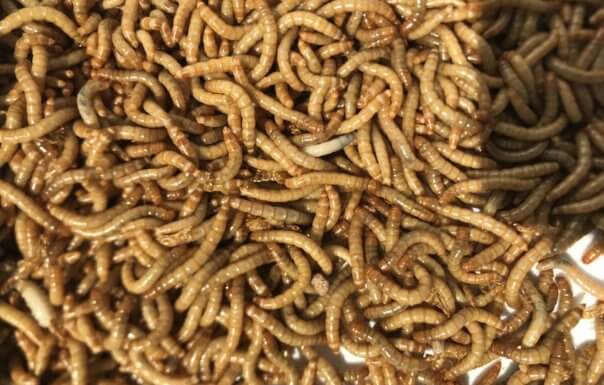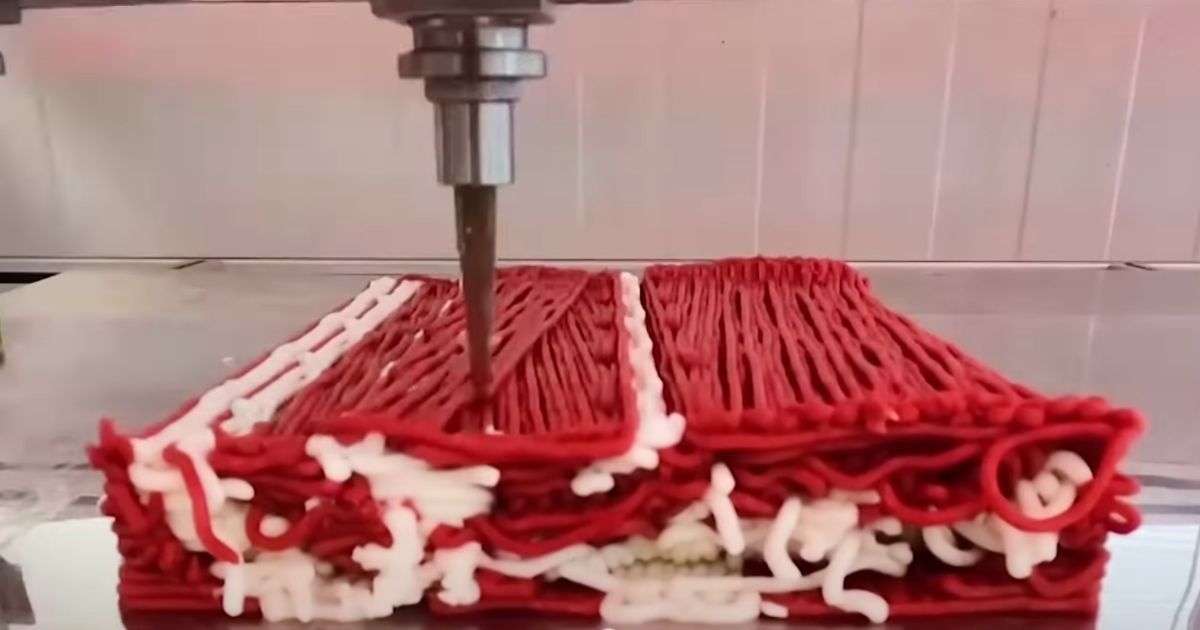 mealworms; Image credit: T Erickson, Beta Hatch
mealworms; Image credit: T Erickson, Beta Hatch
Eat bugs and live in a pod.
Globalists and weirdos in the left-wing media are trying to convince people to eat bugs.
Eating bugs is humiliating, and that’s why elites are pushing them as a “sustainable” source of protein for farmers.
‘Beetleburgers’ made from mealworms could hit mass production to help feed the world, according to a new study.
Trending: “It’s a clean-up job… they’re trying to cover up something else” – Christina Babb on Biden’s classified record crimes
“Mixed with sugar, beetles taste like real meat. They can be an alternative to sausages or chicken nuggets. – says the researcher.
Through the results of the study:
Beetleburgers could soon help feed the world, according to new research. The larvae of the creepy crawlers – known as mealworms – serve as a meat substitute to alleviate hunger around the world. This process uses a fraction of the land and water and emits a smaller carbon footprint compared to conventional agriculture.
To make this a reality, French biotech company Ynsect is planning a global network of insect farms, including nurseries and slaughterhouses. A pilot plant has already been set up at Dole in the Bourgogne-Franche-Comte region of France.
“We are in complete control of the production chain. This gives us strength in terms of quality, security and safety,” says Ynsect’s general manager Benjamin Armenzon, according to a statement from SWNS.
Robot arms and automated conveyor belts move stacks of red trays in every direction. They are filled with billions of Tenebrio molitor beetle larvae. Dried critters are over 50 percent protein and rich in fiber and fats.
They can be turned into protein powders, shakes, burgers, cereal bars and cooking oils at a fraction of the environmental cost of conventional farming. For every one kilogram of protein, Ynsect uses 98 percent less land and emits 40 times less carbon than beef. It uses 40 times less water than pig production.
Globalists are pushing farmers to eat insects, weeds and synthetic ‘meat’ because bugs “use fewer resources than conventional livestock.”
Last year the World Economic Forum promoted the EU’s new plan to use worms in food in an effort to reduce meat consumption.
“Livestock worldwide account for about 14.5% of all greenhouse gas emissions related to human activity. The need for land – to graze animals or grow crops for animal feed – is the “single largest driver of deforestation with major implications for biodiversity loss,” the paper says.
 Synthetic meat
Synthetic meat
A 2016 WEF article says it all: “Welcome to 2030: I have nothing, no privacy and life has never been better”

